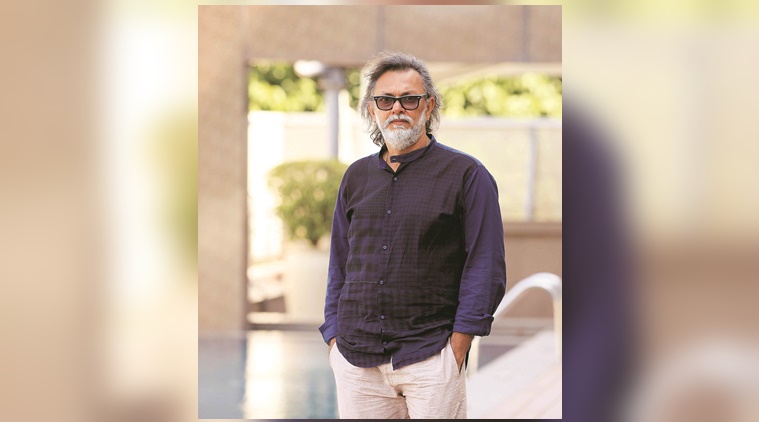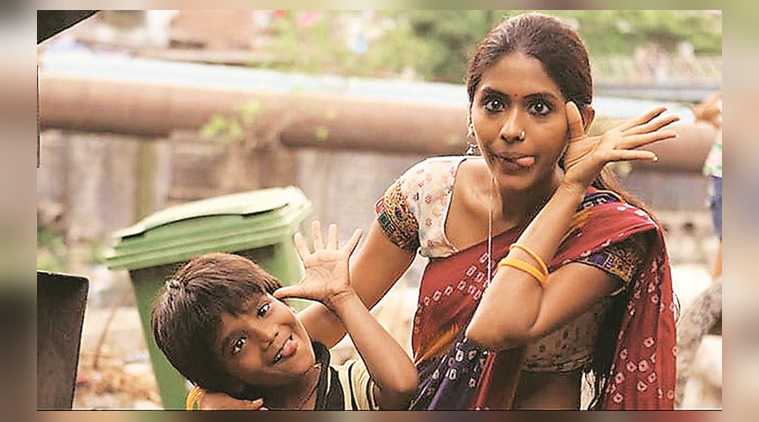
CINEMA for me is personal. What I see around me, experience, feel strongly about, comes into my work. I write my own films, and for me saying something is direction, a telling and moving experience. It urges you to ask yourself the meaning of your life, the changes that you have undergone,” says filmmaker Rakeysh Omprakash Mehra, who was in Chandigarh for the special screening of his new film, Mere Pyare Prime Minister.
Mehra describes the film as a story of inspiration and focuses on the issue of open defecation and sanitation problems in the country. It’s a child’s plea to the nation’s PM for better sanitation in the slums, after his mother is raped on the night of Holi, as she goes to relieve herself for lack of toilets in the slums. “He asks the PM of the country that what if your mother faced this, how would you feel, and the solution for this problem. The film raises pressing questions that the country is facing in this regard and how it has turned into a law and order problem,” says Mehra. With each film, says Mehra, he wants to raise the bar and devise ways to talk of issues. There are many worlds in our life, adds Mehra, if one strives to look at them and is inspired to create from these. “I tell stories of life, something hidden, striving to connect people with each other,” says Mehra, who is working on a new project titled Toofan with Farhan Akhtar.

It took a long time before the film finally took shape. He was coming back late in the night from Film City about eight years ago and crossed an empty area near the slums. “As we took a turn, a number of women who were out there to relieve themselves, rushed when they saw the headlights. This stayed in mind for long. It is also the opening scene of my film. According to a survey, 50 per cent of the rapes happen because of lack of toilets,” says Mehra.
The film has many layers, one on how the victim (Anjali Patil) deals with the violation, how her eight-year-old son attempts to change things, the support she receives from her people in the colony and how they make her feel no different than before. Patil describes the film as “the need of the hour”, as she shares how beautifully
the film depicts the rehabilitation of rape victims and how her character embraces life. “As an actor coming from a different social background, I understood the life of people in the slums and how they celebrate their struggles and are content in spite of all odds. Children make you see things from a larger perspective and I am so privileged to be a part of it,” says Patil.
Mehra says that the film is inspired by Gandhi and dedicated to him. “There is a huge urban-rural divide from the school level and the sense of inclusiveness is completely lacking. Our own thinking affects our children and we see that here. As filmmakers and writers we need to give opportunities and representation to them. Look at the cricket team. Once a game only of the elite, it took a boy from Ranchi to be a gamechanger and make India a world champion,”says Mehra.